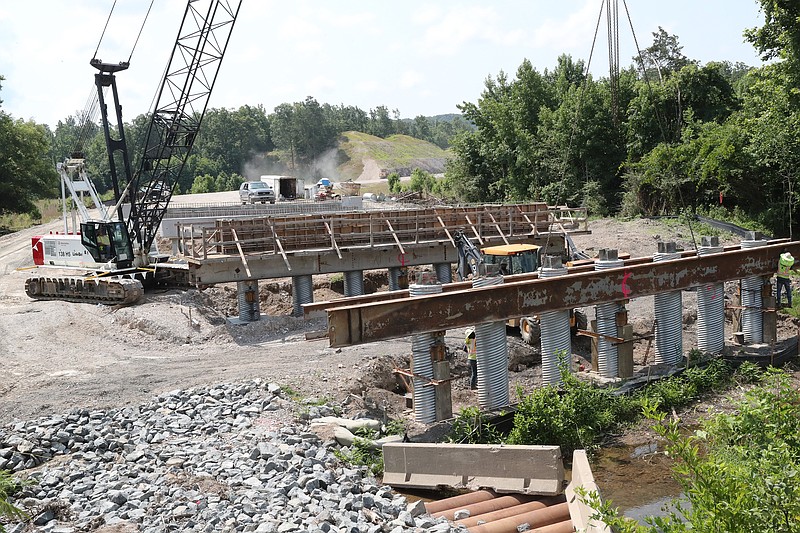Hot Springs will remain a metropolitan area in the eyes of the White House budget agency, allowing local officials to continue deciding how state and federal dollars are spent in Garland County.
The Metropolitan and Micropolitan Statistical Area Standards Review Committee recommended the Office of Management and Budget raise the population threshold for metro status from 50,000 to 100,000 during OMB's decennial review of the Metropolitan Statistical Area designation in early 2020.
OMB hasn't raised the population threshold since creating MSAs after the 1950 census. Had OMB adopted the rule change, Hot Springs would have lost its MSA status and become a micropolitan, or an area with a minimum population of 10,000.
The Hot Springs MSA comprises all of Garland County, which OMB classifies as a metro area based on the 50,000 people who live in the core-based statistical area in and around Hot Springs. U.S. Rep. Bruce Westerman, R-District 4, said the Hot Springs Metro Partnership, the public-private nonprofit economic development corporation, made him aware of the proposed rule change.
"(OMB) looks at this every 10 years," Westerman said last week. "What happened is they said they wanted to move to 100,000. If you look at metropolitan areas with 100,000 population, you're talking about Little Rock. I'm assuming Hot Springs and Pine Bluff would've gotten absorbed into Little Rock. I'm guessing Jonesboro probably would've gotten absorbed into Memphis, and Texarkana probably absorbed into the Shreveport area."
Video not playing? Click here https://www.youtube.com/embed/72VDiUvsbzs
Arkansas "would've probably lost those four MSAs, and there's a lot of structure that goes along with those MSAs and also processes on applying for grants and the way different government program funding is put out. If you looked across the country, I think what would've happened is more urbanization of these government programs, so you would've seen rural America get left out."
Westerman was part of a bipartisan group of about 50 House members who signed a letter urging the White House not to raise the population threshold.
"This affected so many places across the country, so many communities," he said. "I was very glad to see the administration come around and decide not to remove those designations."
OMB never intended for MSA standards to inform the allocation of federal dollars, but many federal programs use MSA designations to make funding decisions. The reclassification to micropolitan status may have jeopardized the city's entitlement status with the U.S. Department of Housing and Urban Development, which classifies Hot Springs as one of its more than 1,200 entitlement cities eligible for Community Development Block Grant funding.
West Central Arkansas Planning and Development District Executive Director Dwayne Pratt said the micropolitan designation may have affected the Tri-Lakes Metropolitan Planning Organization, the board of local elected officials who recommend area highway projects to the Arkansas Department of Transportation.
The federal Department of Transportation makes funding available for highway construction and planning based on priorities local MPOs set. Without the Tri-Lakes MPO, which includes part of Hot Spring County, that prerogative may have shifted to state and regional planners.
"If we lost our MPO designation, local officials would lose control of setting the priorities for transportation projects in our area," Pratt said. "It would eliminate a formal planning process that involves these local elected officials and allows them to set priorities for their MPO area. Projects have to be listed in the local transportation improvement plan to be eligible for any state or federal funding."
Many projects included in the local TIP end up on the state's transportation improvement plan, including the $75.15 million extension of the King Expressway from the Highway 70 east interchange to the junction of highways 5 and 7 and numerous other highway projects underway in Garland County.

